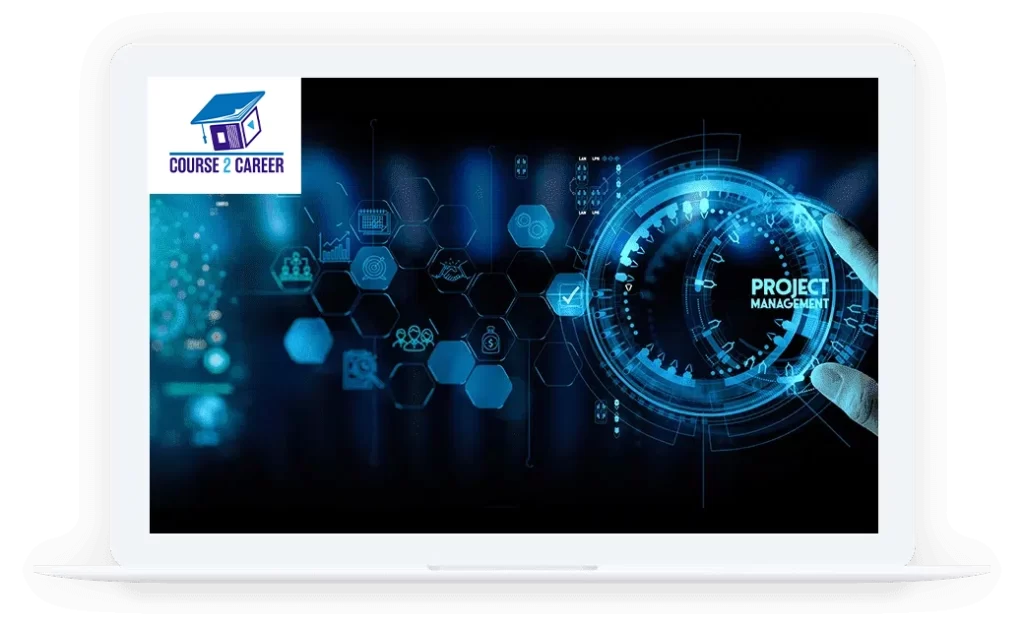The rapid advancement of artificial intelligence (AI) is transforming various industries, and cybersecurity is no exception. As AI continues to evolve, it brings both opportunities and challenges to the cybersecurity landscape. One pressing question is whether AI will ultimately replace human jobs in this critical field. This blog explores the potential impact of AI on cybersecurity employment and the evolving role of cybersecurity professionals in an AI-driven world.
The Rise of AI in Cybersecurity
AI’s integration into cybersecurity has led to significant improvements in threat detection, incident response, and overall security management. AI systems, such as machine learning algorithms and neural networks, can analyse vast amounts of data at unprecedented speeds, identifying patterns and anomalies that might indicate cyber threats. Some key benefits of AI in cybersecurity include:
- Enhanced Threat Detection: AI can detect threats in real-time by analysing network traffic, user behaviour, and system logs. This reduces the time it takes to identify and respond to potential attacks.
- Automated Responses: AI-driven systems can automate responses to common threats, such as blocking malicious IP addresses or isolating compromised devices, thereby reducing the burden on human analysts.
- Predictive Analytics: AI can predict potential vulnerabilities and attacks by analysing historical data, enabling proactive measures to strengthen defences.
- Reduced False Positives: AI can improve the accuracy of threat detection, minimizing false positives and allowing security teams to focus on genuine threats.
The Role of Human Cybersecurity Professionals
Despite AI’s impressive capabilities, human expertise remains indispensable in the cybersecurity domain. Here are some reasons why cybersecurity professionals will continue to play a crucial role:
- Complex Decision-Making: Cybersecurity often involves complex, context-specific decision-making that requires human judgment. While AI can provide valuable insights, human analysts must interpret these insights and make strategic decisions.
- Adapting to New Threats: Cyber threats are constantly evolving, and attackers are becoming increasingly sophisticated. Human cybersecurity professionals are essential for understanding and countering new and emerging threats that AI systems may not yet recognize.
- Ethical and Legal Considerations: Cybersecurity involves ethical and legal considerations that require human oversight. Professionals must ensure that AI-driven actions comply with laws and ethical standards.
- Creative Problem-Solving: Many cybersecurity challenges require creative and innovative solutions that AI may not be able to generate. Human creativity and ingenuity are vital for developing novel defence strategies.
- Interpersonal Skills: Cybersecurity professionals often need to communicate complex technical information to non-technical stakeholders, provide training, and foster a security-conscious culture within organizations. These interpersonal skills are beyond the reach of current AI technologies.
The Future of Cybersecurity Jobs
Rather than eliminating jobs, AI is likely to transform the nature of cybersecurity work. Here are some potential scenarios for the future:
- Augmented Workforce: AI will augment human capabilities, allowing cybersecurity professionals to work more efficiently and effectively. By automating routine tasks, AI will free up time for analysts to focus on more strategic and complex issues.
- New Job Roles: The rise of AI in cybersecurity will create new job roles that did not exist before. For example, there will be a growing demand for AI specialists who can develop, maintain, and improve AI-driven security systems.
- Continuous Learning: Cybersecurity professionals will need to continuously update their skills to keep pace with AI advancements. This will involve learning how to work alongside AI systems and understanding their limitations.
- Increased Collaboration: The future of cybersecurity will involve greater collaboration between humans and AI. Professionals will need to learn how to effectively integrate AI tools into their workflows and leverage their capabilities.
Conclusion
AI is poised to revolutionize cybersecurity, but it is unlikely to eliminate the need for human professionals. Instead, AI will complement and enhance human expertise, leading to a more effective and resilient cybersecurity landscape. As AI continues to evolve, cybersecurity professionals must adapt, embracing new technologies and continuously updating their skills to stay ahead of emerging threats. The future of cybersecurity will be defined by the synergy between human intelligence and artificial intelligence, working together to protect our digital world.






